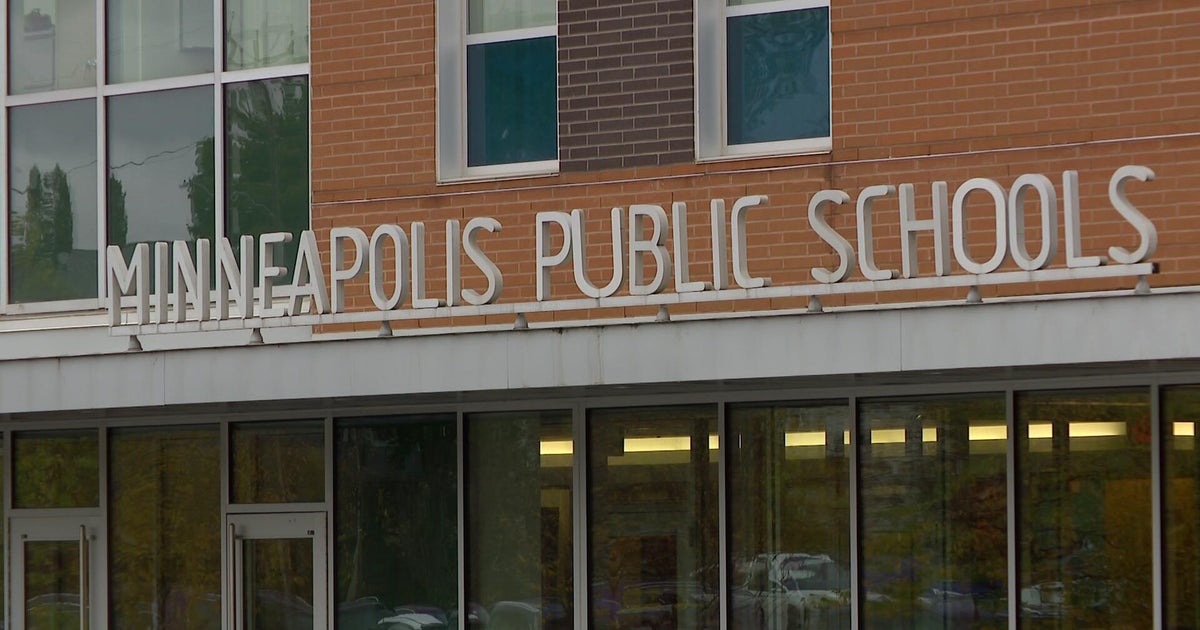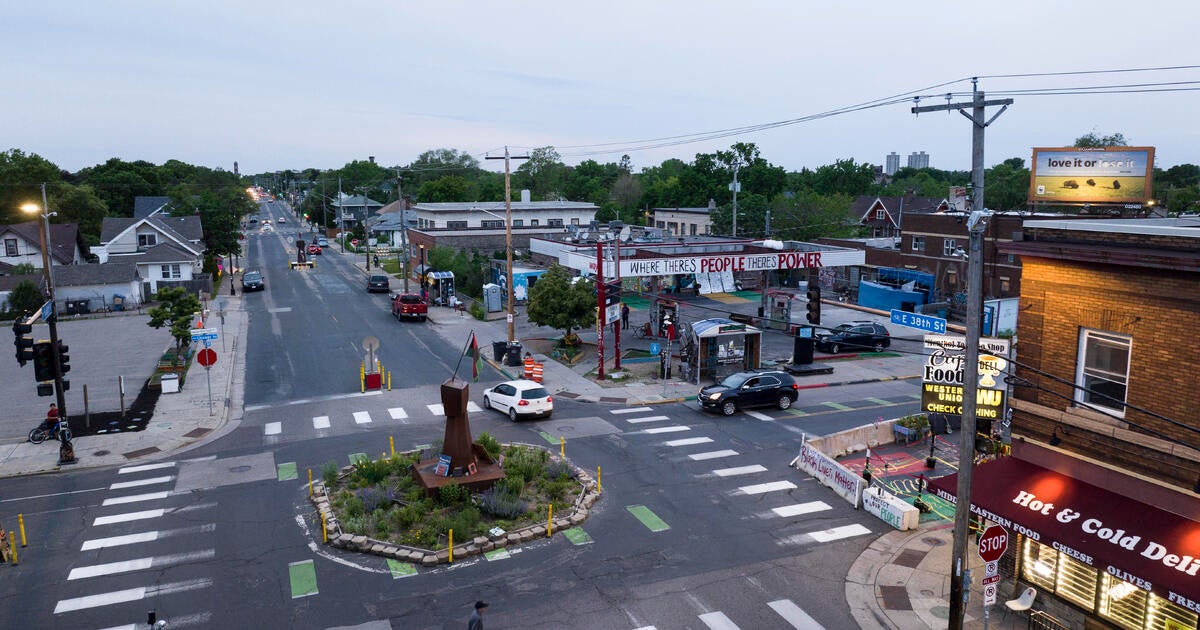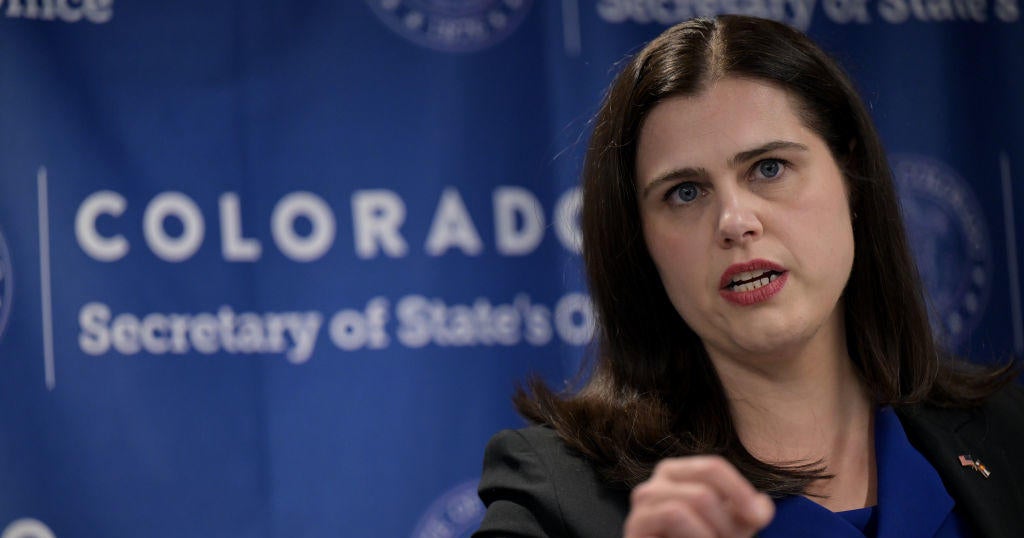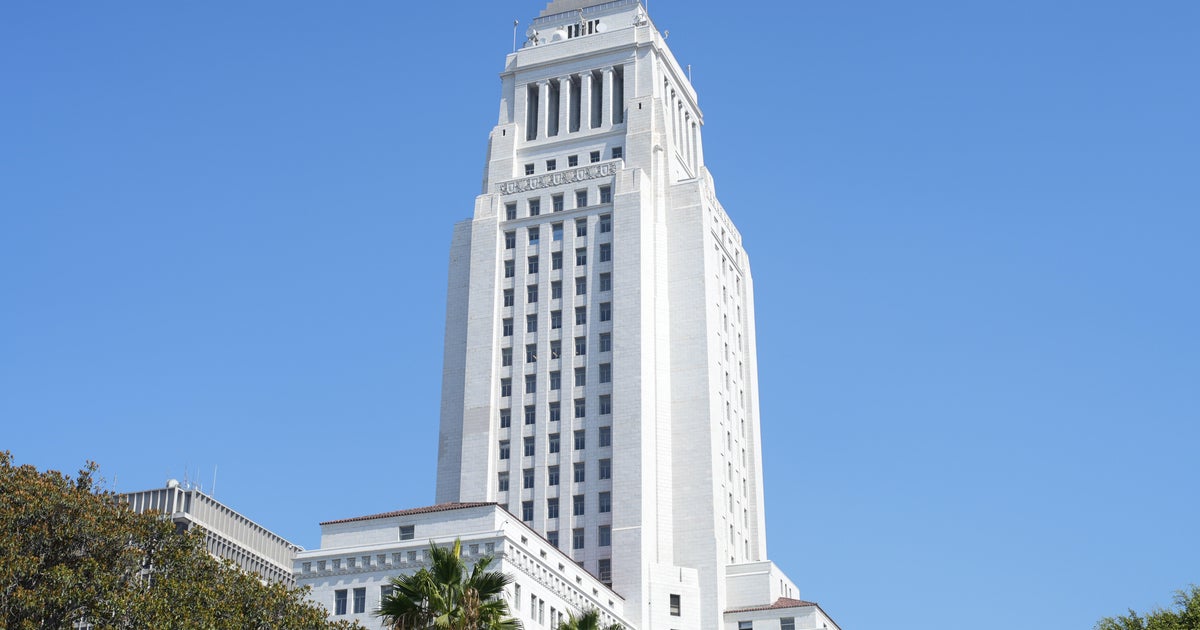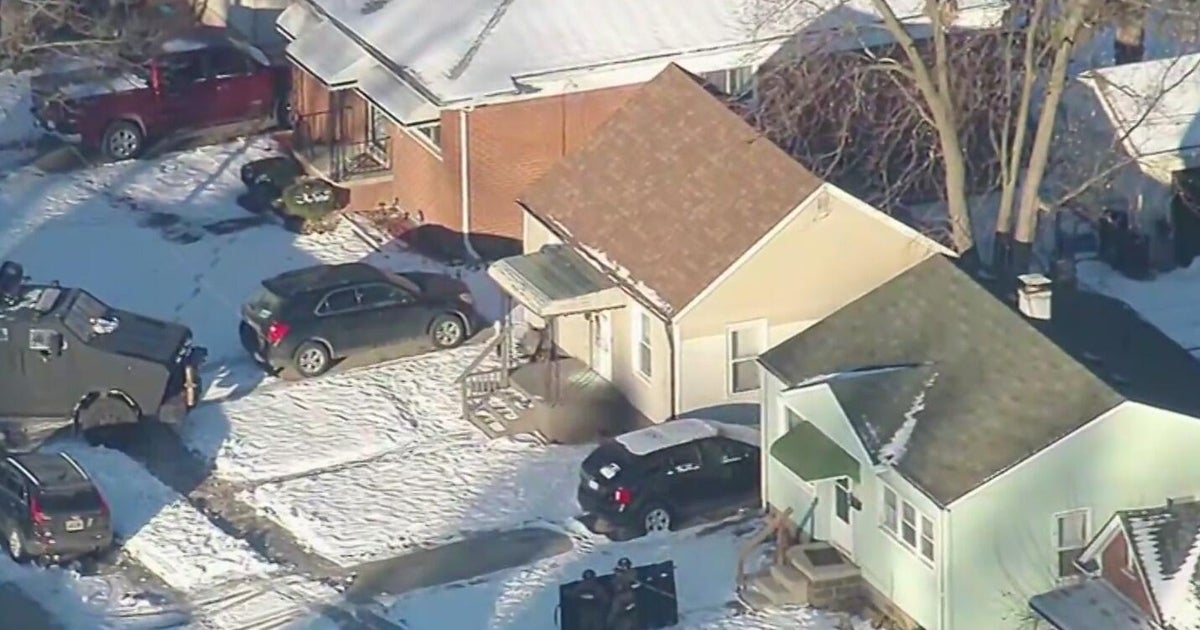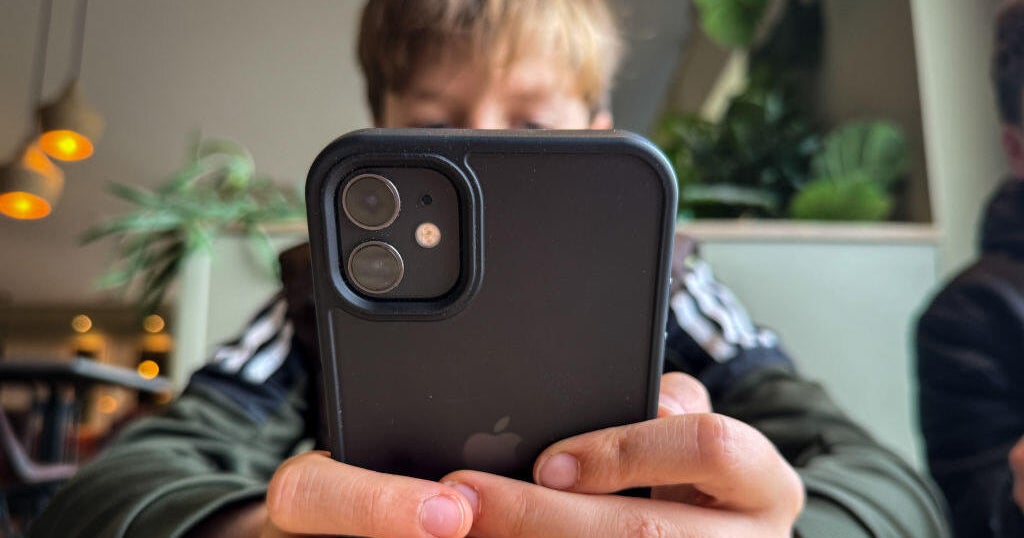Minneapolis City Council approves consent decree with Dept. of Justice, with eyes on expansive police reform
MINNEAPOLIS — The Minneapolis City Council has approved a deal between the city and the U.S. Department of Justice. The deal may bring expansive police reforms to the city.
It comes five years after the murder of George Floyd sparked outrage in Minneapolis and around the world.
The unanimous approval of the consent decree comes hours after a closed-door meeting, which began at 8:30 a.m.
The 171-page agreement, filed in federal court shortly after the council voted 12-0 to approve it, says the department will require its officers to "promote the sanctity of human life as the highest priority in their activities." It says officers must "carry out their law enforcement duties with professionalism and respect for the dignity of every person." And it says they must not allow race, gender or ethnicity "to influence any decision to use force, including the amount or type of force used."
The Justice Department has opened 12 similar investigations of state and local law enforcement agencies since April 2021, many in response to high-profile deaths at the hands of police. The department has reached agreements with Seattle, New Orleans, Baltimore, Chicago and Ferguson, Missouri.
Consent decrees require law enforcement to meet specific goals before federal oversight is removed, a process that often takes years and millions of dollars. A major reason Minneapolis hired Brian O'Hara as police chief in 2022 was his experience implementing a consent decree in Newark, New Jersey.
O'Hara noted that the city would be the first in the country to operate under both federal and state consent decrees.
An independent monitor will oversee the changes and a judge must approve them. A hearing has not yet been scheduled, but officials hope that approval comes quickly.
Minneapolis leaders react
Minneapolis Mayor Jacob Frey spoke shortly after the agreement was approved.
"Success will require buy-in," Frey said, "buy-in from the Minneapolis Police Department and the officers that are charged with protecting and serving every resident and every visitor to our city."
"The reforms in this consent decree are not just about policies," Frey said. "They're changing how our residents feel about our city, how they experience interactions with police officers, and this change is underway. The change is afoot."
Frey says the success of the agreement will require support from city leaders, Minneapolis police and its residents.
"I'd like to thank our community for standing together, united in this, and for having patience with us. We have traveled a very, very long and challenging journey," Minneapolis City Council President Elliott Payne said minutes after voting to approve the agreement. "We are just beginning and we know we have a long way to go. Our success will only be realized when we all work together on what is arguably one of the most important issues in the life of our city."
Council member Robin Wonsley says she has no faith that the Trump administration will support the implementation of the agreement.
"Having a federal consent decree signed and in place is valuable to police reform efforts, but we need to be sober about the fact that it will take local political will to hold the city and the Frey administration accountable to implementing and enforcing the terms of the consent decree," Wonsley said in a statement.
During his first administration, President-elect Donald Trump was critical of consent decrees as anti-police. Finalizing the Minneapolis agreement before he returns to office on Jan. 20 would make it harder for him to undercut the deal because changes would require court approval.
Minneapolis Police Chief Brian O'Hara says the agreement is not the beginning of the department's effort to reform.
"Much of the hard work to improve this department has already been underway as part our settlement agreement with the state of Minnesota," O'Hara said. "This agreement builds upon those efforts and sets a framework to guide continuing transformation."
In 2023, the DOJ issued a harsh 89-page report that showed a years-long pattern of racial discrimination. The department found MPD used excessive force, including unjustified deadly force, and discriminated against Black and Native American people, as well as people with behavioral health disabilities.
The local group Communities United Against Police Brutality attended the closed-door meeting. The group's president, Michelle Gross, said at a press conference Monday morning that reform is "utterly necessary" for MPD.
"Our city, you will recall, was the epicenter of activity around police accountability five years ago, and that was because of the murder of George Floyd," Gross said. "But George Floyd was not the only person killed by the Minneapolis Police, not by a longshot."

